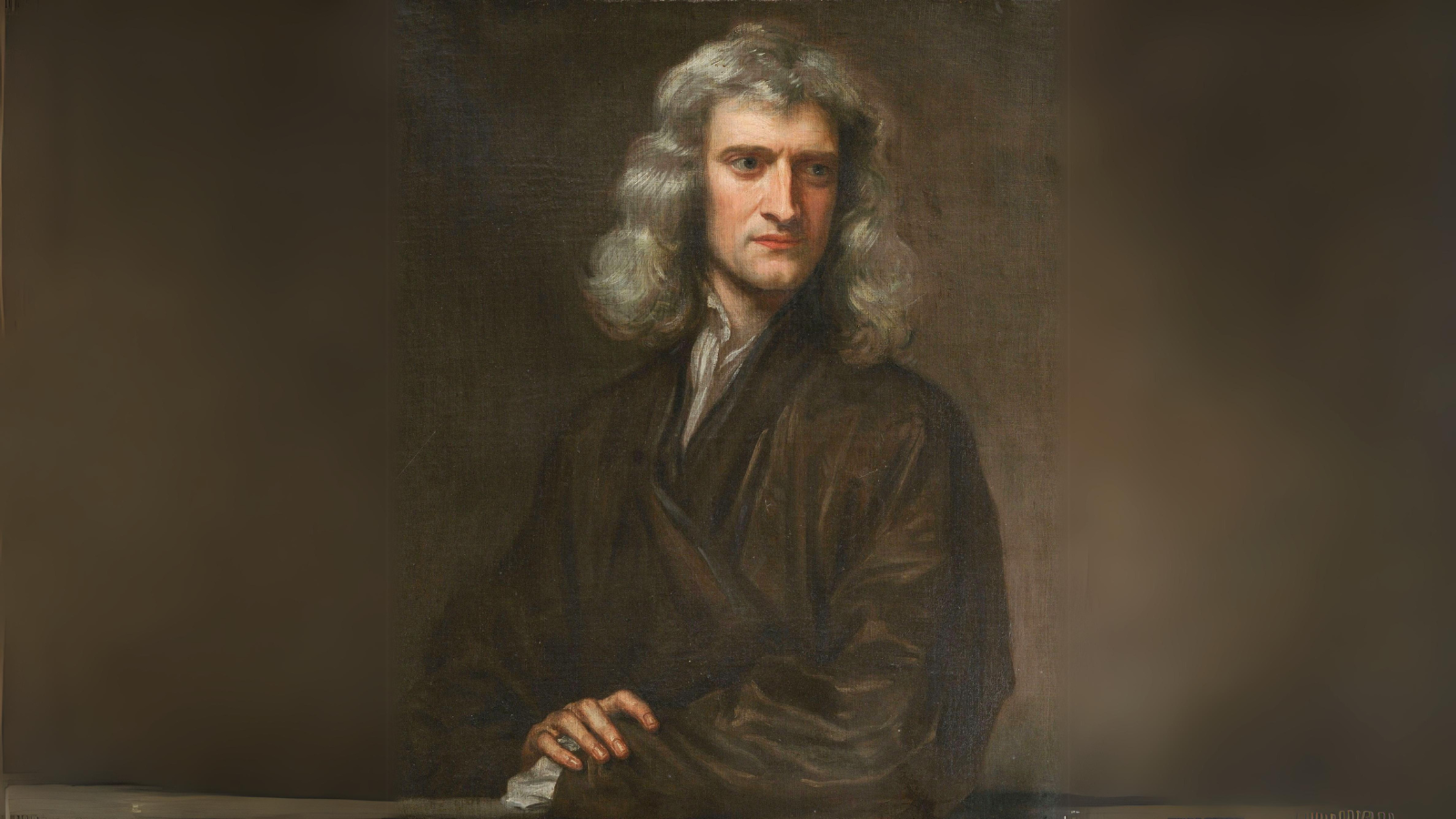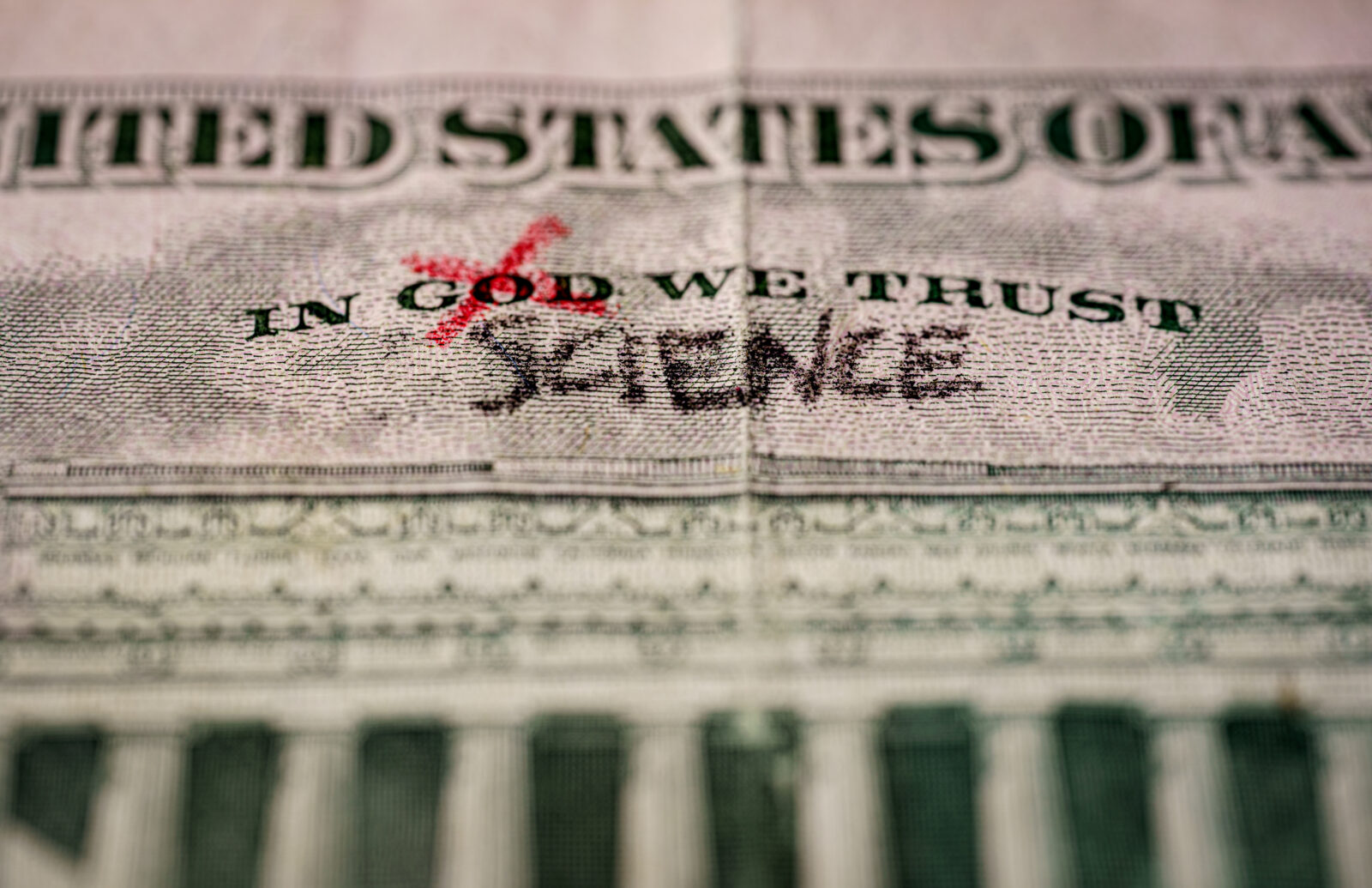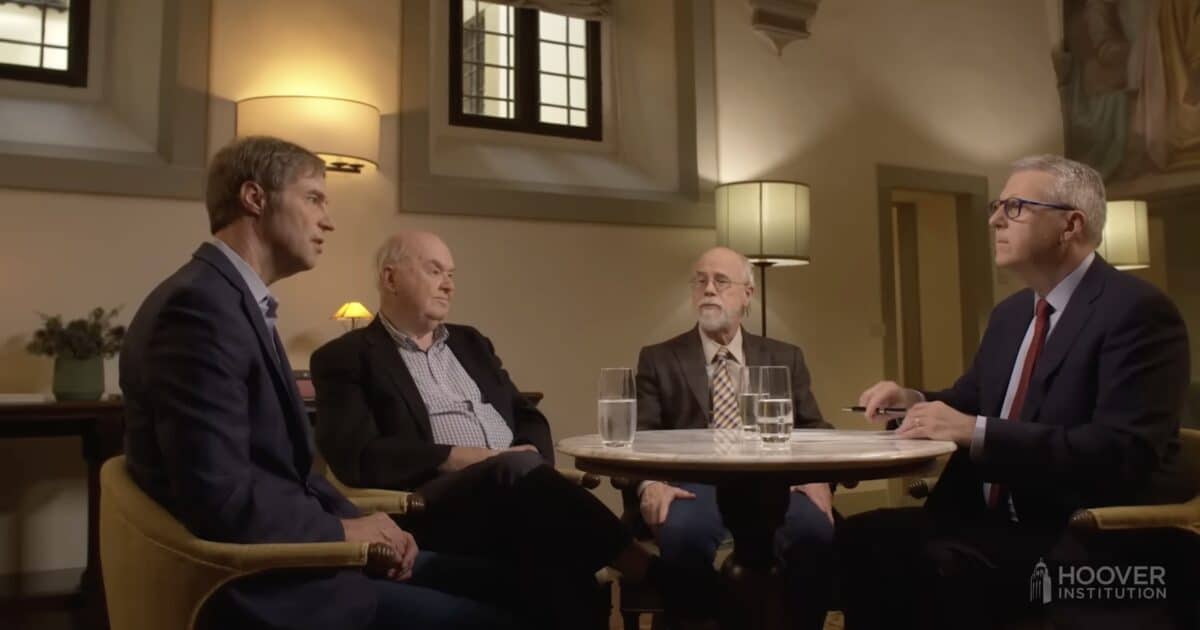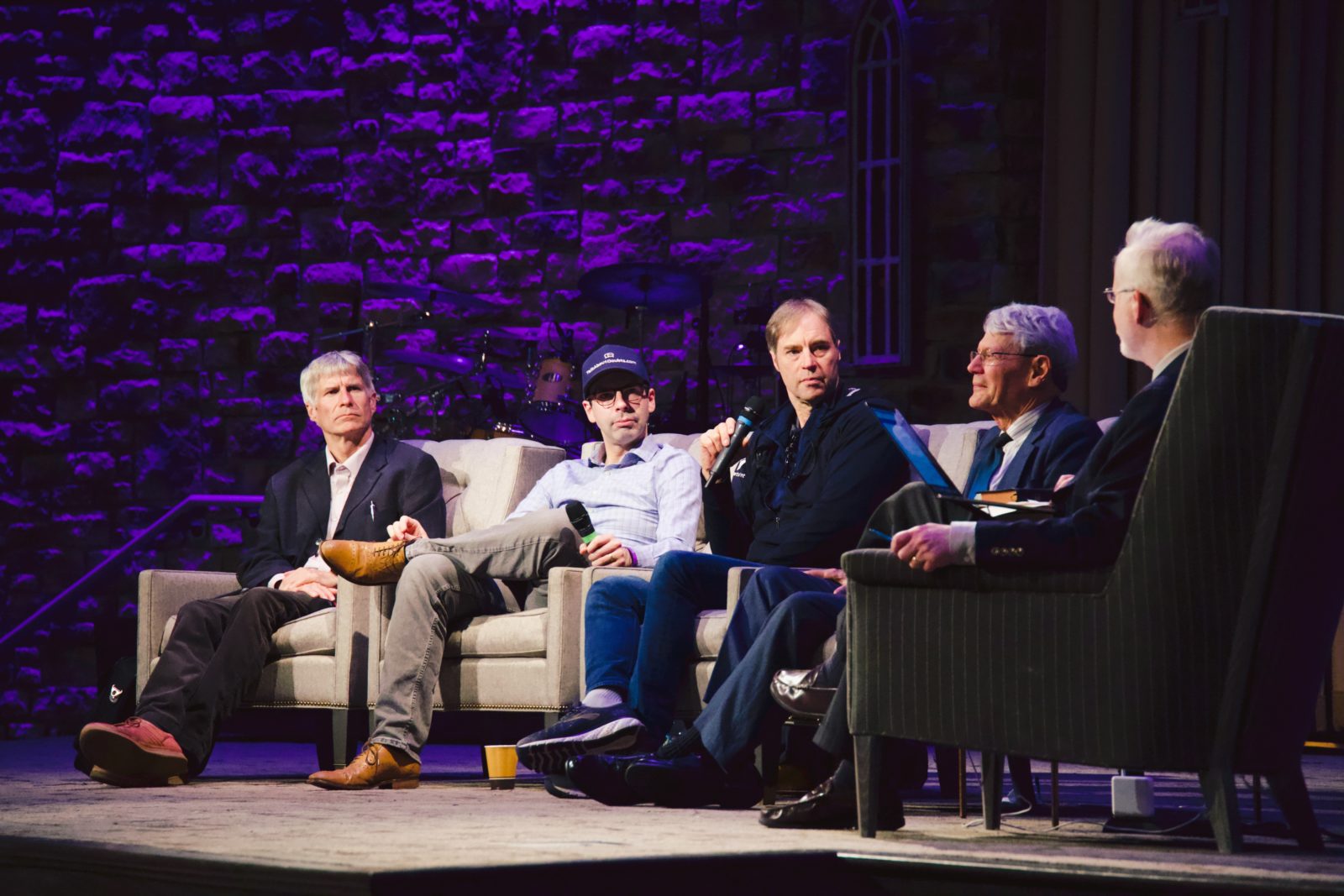


Meyer & Tour on New Critiques of Origin of Life Research

Stephen Meyer on the Crisis of Trust in Science

Stephen Meyer: Evidence of Mind in The Natural World

Stephen Meyer: Scientific Arguments for a Theistic Worldview

Stephen Meyer: Has the West Forgotten God?
In today’s ID the Future philosopher Stephen Meyer revisits Aleksandr Solzhenitsyn’s Templeton Prize speech from May 10, 1983, where Solzhenitsyn indicted the West for forgetting God. Meyer argues that Solzhenitsyn’s indictment is more timely than ever. But at the same time, there is today more scientific evidence than ever for the existence of a personal God, Meyer says, and the argument from intelligent design is a powerful means to awaken individuals to the presence of God and to renew culture. Meyer goes on to support those claims with concrete examples. Today’s episode is taken from a talk Dr. Meyer gave at the 2023 Dallas Conference on Science and Faith. Meyer is author of the bestselling book Return of the God Read More ›

Meyer, Behe, and Lennox on Science, God, and Darwin’s Other Doubt
On today’s ID the Future, Oxford’s John Lennox, Lehigh University’s Michael Behe, and Darwin’s Doubt author Stephen Meyer continue a probing conversation with host Peter Robinson on what they see as the growing evidence for intelligent design and the scientific and philosophical problems with Darwinian materialism. In this second half of their discussion, the foursome touch on everything from the genetic code and molecular biological machines to design reasoning, the history and philosophy of science, and what Meyer refers to as “Darwin’s other doubt.” Tune into to catch the many fascinating twists and turns in their conversation. And for additional stimulating content from Peter Robinson, head over to the “Uncommon Knowledge 2023” playlist on YouTube. This interview appears here with Read More ›

From “Dover Beach” to Wokeness and Beyond
On today’s ID the Future, host Peter Robison continues a lively conversation with Douglas Murray, author of The War on the West, Tom Holland, author of Dominion: How the Christian Revolution Remade the World, and Stephen Meyer, author of Return of the God Hypothesis. Here in the concluding part of the interview, the four consider English Victorian poet Matthew Arnold’s elegiac depiction of the West bereft of religious faith. What does this retreating “sea of faith” mean in practical terms for Western culture, and what path, if any, is there to a renewal of Western culture? Can we embrace the Christian ethical framework without belief in God, miracles, and the afterlife? Meyer warns that attempting to borrow some form of Read More ›

Tom Holland, Stephen Meyer, Douglas Murray: God and the West
On today’s ID the Future, Uncommon Knowledge host Peter Robinson talks with historian Tom Holland, journalist Douglas Murray, and philosopher of science Stephen Meyer about the decline of theistic faith in the West. Here in Part I of the conversation, the men consider possible causes for the decline of theistic faith. According to Meyer the decline has occurred in the face of increasing scientific evidence for the existence of God. So what gives? Tune in to hear their stimulating exploration of the question, and what each sees as the appropriate response. This material is used by permission of Peter Robinson and the Uncommon Knowledge podcast.

Stephen Meyer and Company Answer Questions about Science and Faith
On today’s ID the Future, philosopher of science Stephen Meyer, theologian Vern Poythress, engineer Stuart Burgess, and biologist Jonathan McLatchie answer questions about science and faith posed at the Westminster Conference on Science and Faith, held in the greater Philadelphia area. The session is moderated by Discovery Institute Vice President John West, and the conference jointly sponsored by Discovery Institute’s Center for Science and Culture and Westminster Theological Seminary. Panelists: Dr. Stuart Burgess has held academic posts at Bristol University (UK) and Cambridge University (UK), and published over 180 scientific publications on the science of design in engineering and biology. He also has received many national and international awards for design, including from the Minister of State for Trade and Read More ›